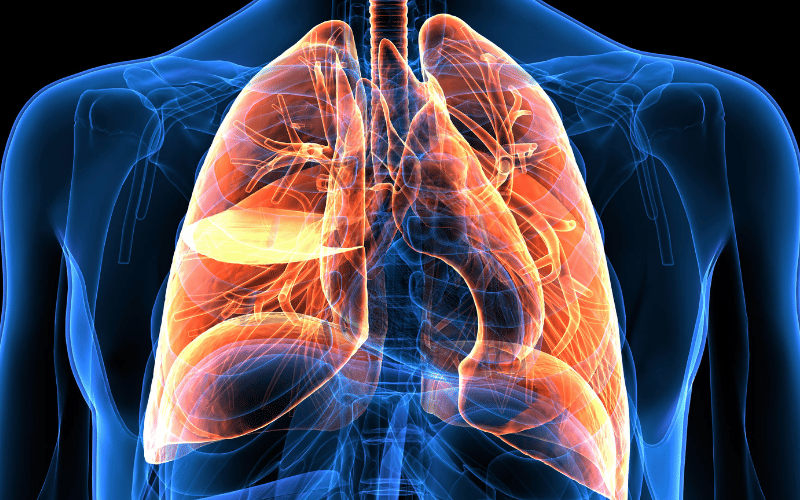Fact 11: GBS’s Impact on the Respiratory System

Of all the challenges Guillain–Barré Syndrome presents, one of the most immediate and life-threatening concerns revolves around its impact on the respiratory system. The muscles we often take for granted, which assist in breathing, can be weakened by GBS. As the disease progresses, some patients may find it increasingly difficult to breathe on their own.
Breathing isn’t just about the lungs. It involves a synchronized dance of multiple muscles, with the diaphragm playing a lead role. As GBS affects the peripheral nerves, it can impede the signals that direct these muscles, disrupting the rhythm of breathing. This can lead to a situation where patients, despite their best efforts, cannot get enough oxygen.
In severe GBS cases where respiratory muscles are significantly weakened, patients might require mechanical ventilation. This intervention, often facilitated by a machine, helps maintain oxygen levels and ensures the body’s vital organs continue to function optimally. Such support might be temporary, but it’s crucial to keep patients stable while other treatments address the root cause of GBS.
Given the potential respiratory complications, regular monitoring is essential for GBS patients. Spirometry, a test measuring lung function, can be a valuable tool. It gauges the volume of air a patient can inhale and exhale, providing insights into respiratory muscle strength and alerting medical teams to any decline.
The good news is, with timely intervention and appropriate treatment, many GBS patients see improvement in respiratory function. As the underlying cause of GBS is addressed, the nerve signals directing the breathing muscles can gradually be restored, allowing patients to breathe unassisted once more. (11)